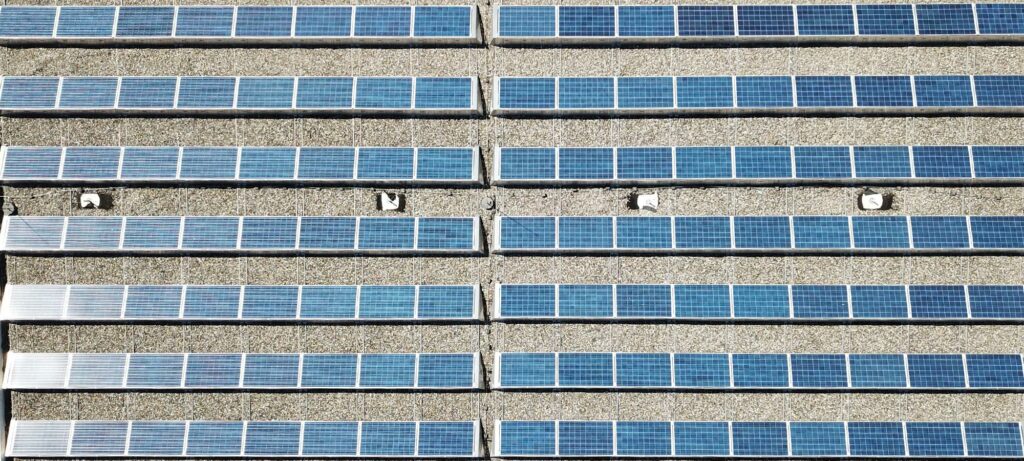Dezentrale Energiesysteme
Zur Erreichung der Klimaschutzziele spielen dezentrale, regenerative Energiesysteme für die Strom- und Wärmeversorgung eine wesentliche Rolle. Mehr als dreißig Prozent des Strombedarfs wird in Rheinland-Pfalz emissionsfrei durch Photovoltaik, Windenergie, Biomasse und Wasserkraft gedeckt.
Im Wärmesektor können Solarthermie, Biomasse, Geothermie sowie Kraft-Wärme-Kopplungsanlagen rund elf Prozent der Versorgung sichern. Getragen wird die Branche der dezentralen Energieversorgung in Rheinland-Pfalz von mehr als 10.000 Beschäftigten in knapp 1.500 Unternehmen.
An den Universitäten und Hochschulen des Landes haben sich bereits sieben Studiengänge etabliert, die sich vollständig auf die Ausbildung junger Menschen in erneuerbaren Energien konzentrieren.
Regenerative Energiesysteme bieten sich für eine regionale, dezentrale Energieversorgung an. Photovoltaik, Windenergie, Bioenergie und Wasserkraft tragen in Rheinland-Pfalz bereits seit vielen Jahren zur Stromversorgung bei.
Trotz schwieriger äußerer Umstände und politischer Rahmenbedingungen konnte sich die Branche der regenerativen Stromerzeugung stabilisieren und in den letzten Jahren wieder wachsen.
Mittelfristig führt am Ausbau der regenerativen Energiesysteme zur Erreichung der Klimaziele kein Weg vorbei. Aufgrund ihres emissionsfreien Betriebs und der stark gesunkenen Kosten hinsichtlich Errichtung und Betrieb muss der Ausbau der erneuerbaren Energieerzeugungsanlagen in allen Sektoren vorangetrieben werden.
Damit kann Rheinland-Pfalz langfristig eine führende Rolle in der Energiewende in Deutschland und mit den aufgebauten Kompetenzen den Know-how-Austausch landesweit und international intensivieren.

